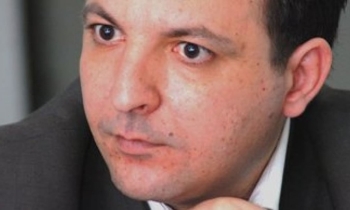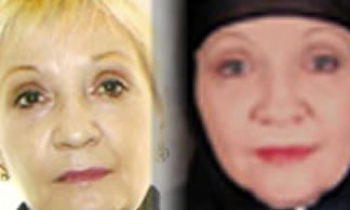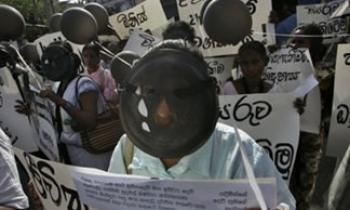Just when US journalists are debeating the issue of protection of sources, a chequebook journalism scandal — the concept of paying sources — is going to make matters worse.
The New York Times acknowledged Tuesday that a reporter who wrote an award-winning article in 2005 about a teenage Internet pornographer helped gain the boy's trust by sending him a $2,000 cheque.

"The cheque should have been disclosed to editors and readers, like the other actions on the youth's behalf," the paper said in a note published Tuesday. Most newspapers, including NYT, prohibit reporters from paying sources.
Former NYT staffer Kurt Eichenwald made the payment in June 2005 to Justin Berry, then an 18-year-old star in a seedy network of child-porn sites, the Associated Press reported. Six months later, Berry became the leading figure in Eichenwald's expose on sex sites run by teenagers. The investigation prompted congressional hearings, led to arrests and fuelled reforms in the way webhosting companies screen clients.
In the months before the article was published, Eichenwald persuaded Berry to quit the porn business, stop using drugs and become a law enforcement informant. NYT outlined the unorthodox nature of the intervention in a sidebar accompanying its original report and in a follow-up column by the paper's public editor, Byron Calame.
Eichenwald, who now works for Portfolio, told AP that he had sent the teen a cheque as part of a ploy to learn his true name and address. At the time, he said, he did not intend writing about Berry, but had come across his distressing Web identity while researching an unrelated article. Eichenwald said he and his wife decided to try to get help for the young man.
"We were gambling 2,000 on the possibility of saving a kid's life," he told AP. When Eichenwald finally decided to write about Berry after meeting him in person, he asked for the money back. The $2,000 was eventually repaid by Berry's grandmother, he said.

Eichenwald acknowledged that he should have disclosed his $2,000 payment to his editors, but said it slipped his mind amid the other complicated ethical questions surrounding the story. He said he also didn't feel it relevant because the payment was made at a time when he was acting on his own, rather than as a reporter.
The dean of the University of Oregon's journalism school is standing by an ethics award given to Eichenwald last year. The award cited Eichenwald and NYT for both reporting the story and for helping its 18-year-old subject escape the sex trade.
Tim Gleason, journalism dean and one of the Payne judges, told AP that the newspaper did right to publish the acknowledgment, though Eichenwald should have disclosed it at the time. Gleason said, "It does not appear that it is an act that in any way undermines the fundamental integrity of the story."
It was the act of preserving the integrity of the story, "the ethical obligation of the journalist," while at the same time helping Berry, "the ethical obligation of all human beings," that led to the award, Gleason said. "They successfully did both," he said.









